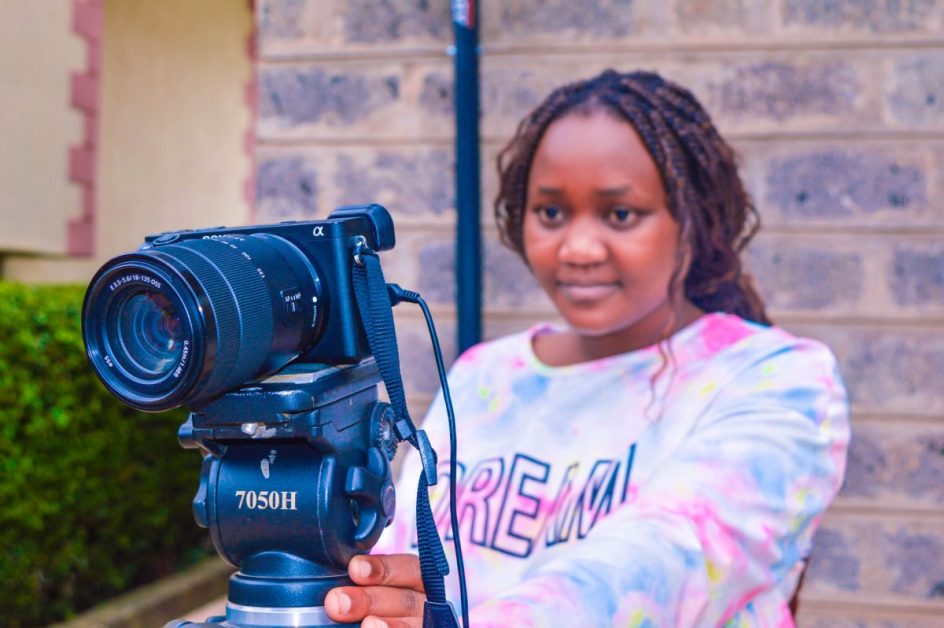How to Succeed as a Video Editor: Tips and Strategies
How to Succeed as a Video Editor: Tips and Strategies
As a video editor, are you looking to succeed in the industry? Do you want to take your video editing skills to the next level? Video editing is a competitive field that requires a lot of creativity and technical skills. Therefore, let’s look at some of the tips.

Tips and Strategies for Succeeding As A Video Editor
-
Master the Software
To succeed as a video editor, you must master the software used in the industry. Whether you prefer Adobe Premiere Pro, Final Cut Pro, or Avid Media Composer, you must know the software inside and out. Take courses or tutorials to understand the software better and keep up with updates and new features.
-
Develop a Creative Eye As A Video Editor
While technical skills are essential, creativity is just as important in video editing. To develop a creative eye, you can start by watching different types of videos, analysing them, and understanding how they were edited. Furthermore, attend film festivals, workshops, and seminars to learn from experienced professionals.
-
Build Your Portfolio As A Video Editor
A portfolio is essential for any video editor looking to succeed in the industry. Notably, it showcases your best work and demonstrates your skills to potential clients or employers. Start building your portfolio by editing videos for friends and family or by creating your projects.
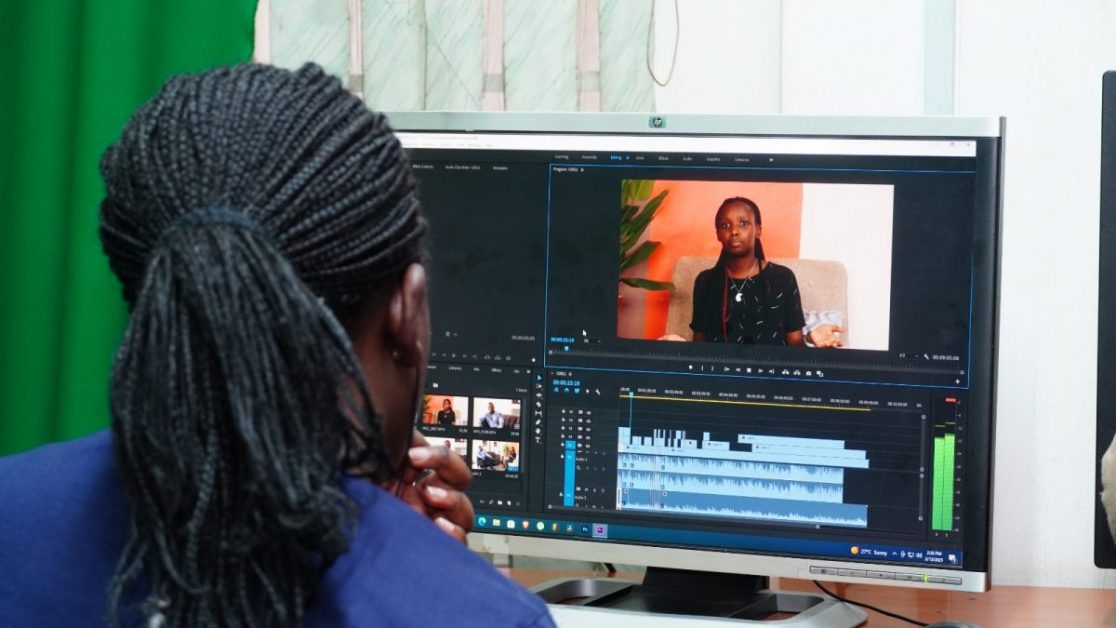
-
Network and Collaborate
Networking is essential for any professional looking to succeed in the industry. Attend industry events, join professional associations, and connect with other video editors on social media platforms such as LinkedIn. Additionally, collaboration is also key in video editing, as it allows you to learn from others and expand your skills.
-
Learn to Communicate with Clients
As a video editor, you will work closely with clients, whether they are individuals or businesses. In addition, it is essential to learn how to communicate effectively with clients, understand their needs and goals, and deliver the final product that exceeds their expectations.
In conclusion, becoming a successful video editor requires mastering the software, developing a creative eye, building a strong portfolio, networking and collaborating with others in the industry, and learning how to communicate effectively with clients. Furthermore, by following these tips and strategies, you can take your video editing skills to the next level and succeed in the competitive field of video editing.

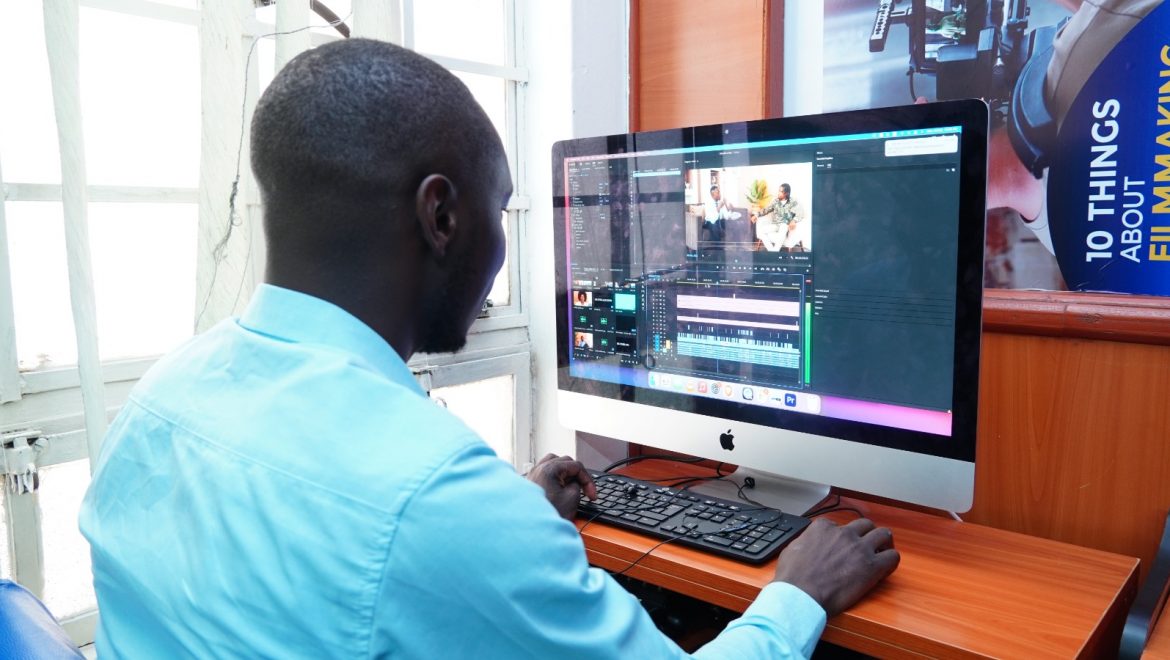





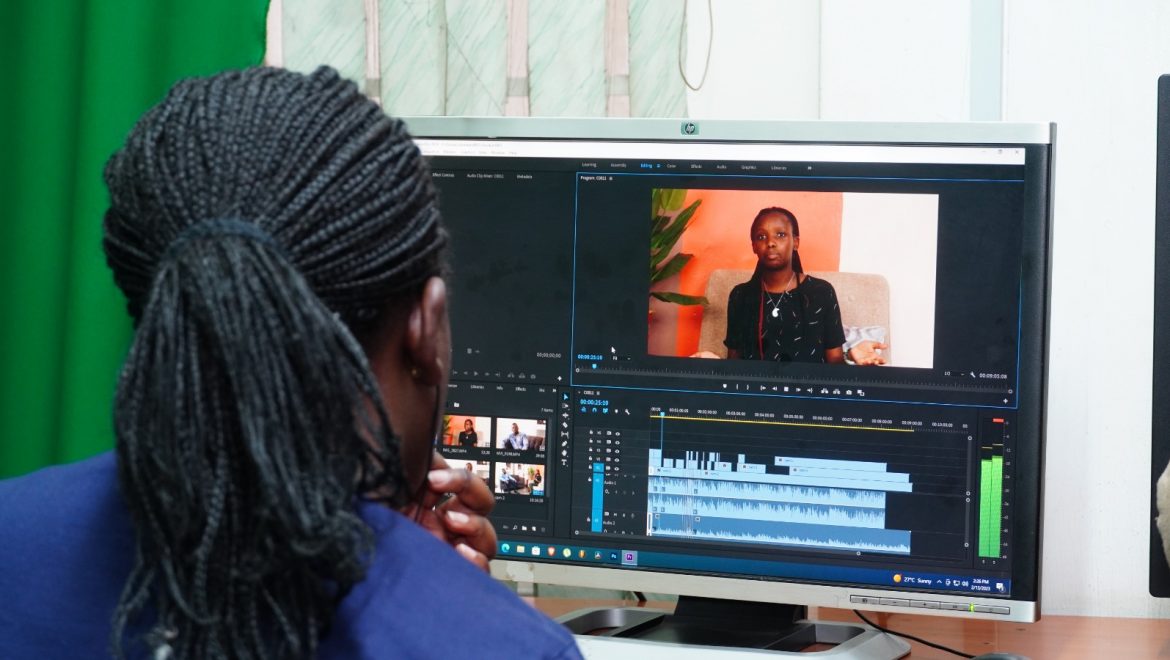
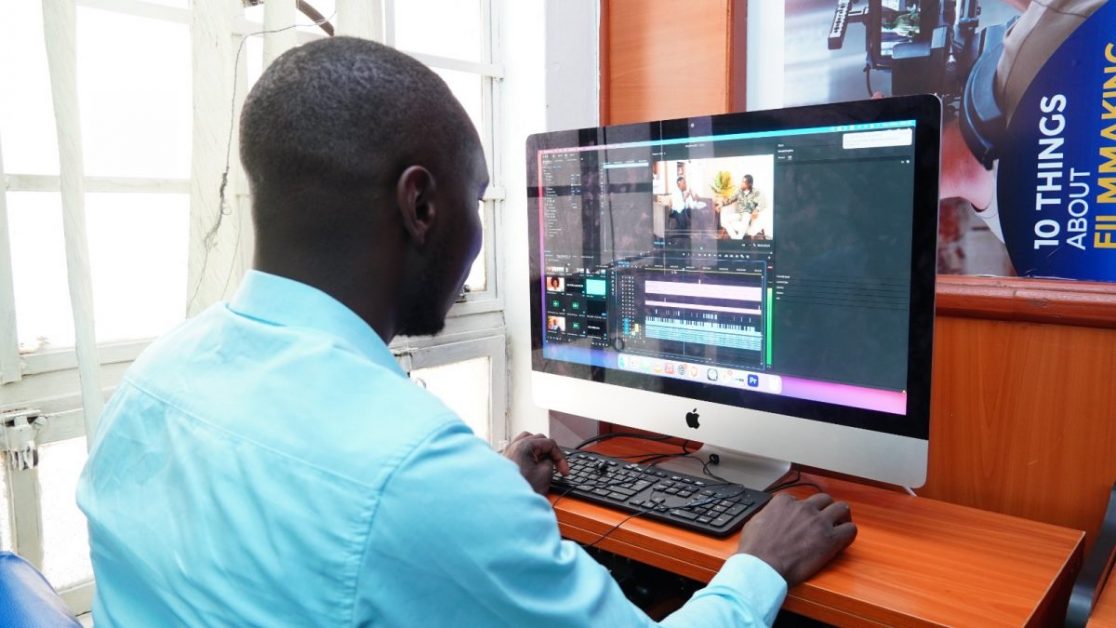









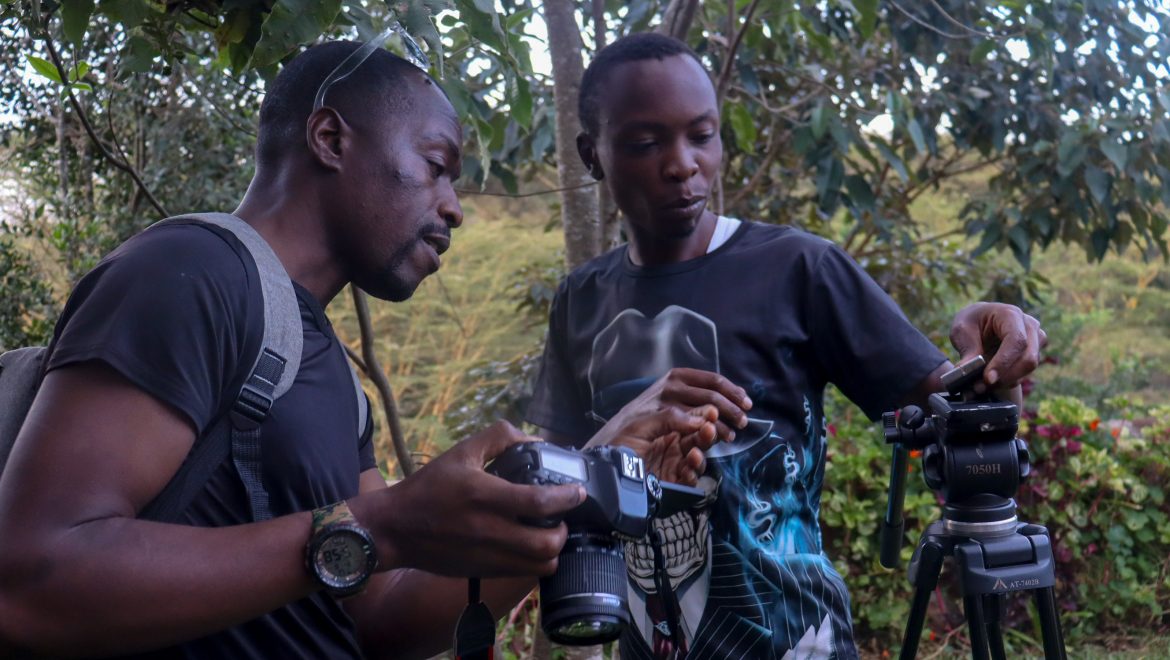
 Film Production Instruments
Film Production Instruments 